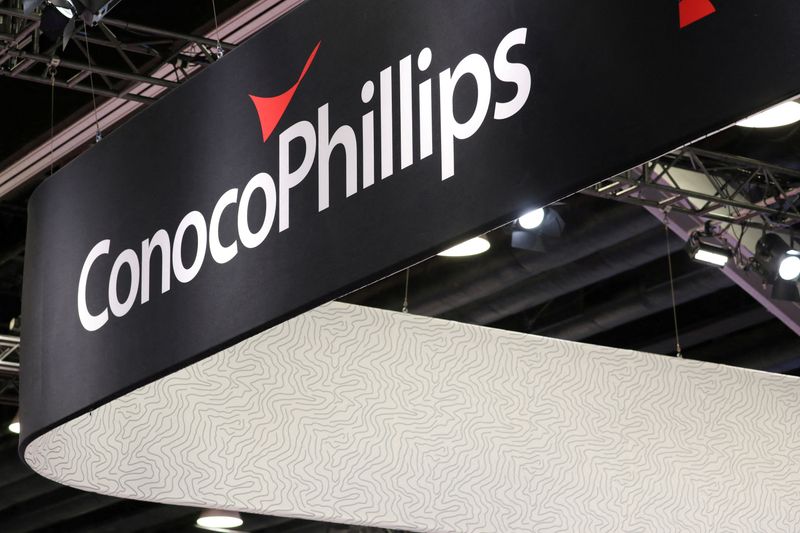By Curtis Williams
(Reuters) -Trinidad and Tobago's High Court reaffirmed on Thursday a decision recognizing U.S. oil producer ConocoPhillips (NYSE:COP)' arbitration claim against Venezuela, which could freeze the Caribbean country's payments to its neighbor for joint natural gas projects.
In late May, the court's original decision opened the door for ConocoPhillips to enforce in that country a $1.33 billion claim against Venezuela for past expropriations by seizing any compensation from joint energy projects.
Venezuela and its state-owned company PDVSA did not respond to the court by a deadline to present their arguments, Judge Frank Seepersad said in his decision seen by Reuters.
Earlier this month, Venezuela's embassy in Port of Spain, Trinidad' capital, acknowledged receipt of the court order, the document showed.
"The order gives to the claimant a green light to be able to enforce the judgment in Trinidad if they can establish there are assets held by the defendants or there is money which is owed to the defendant by entities in Trinidad and Tobago," Judge Seepersad said in May when he made his original decision.
PDVSA paid Conoco about $700 million through a settlement agreement, but ceased payments in late 2019. Conoco has since attempted similar moves in Caribbean countries seeking to enforce arbitration rulings against Venezuela and PDVSA.
In a U.S. federal court, the oil producer is among companies at the top of a list of creditors pursuing proceeds from an auction of shares in one of PDVSA's subsidiaries, PDV Holding, whose only asset is Houston-based refiner Citgo.
Venezuela and Trinidad, along with energy companies NGC, Shell (LON:RDSa) and BP (LON:BP) are looking to develop major offshore gas fields shared by the countries and on the Venezuelan side of the maritime border.
NGC said it has not been served with any documents related to the ConocoPhillips claims and continues to work with its partners and stakeholders to progress the Dragon gas Project.
NGC and Shell have a 30-year license to develop the 4.5-trillion-cubic-feet Dragon gas field in Venezuela and export the gas to Trinidad to be turned into LNG and petrochemicals with payments to be made to Venezuela and PDVSA.
ConocoPhillips specifically identified Dragon as one reason it wanted the Trinidad court to recognize the judgment.

As part of those projects' negotiations, parties in Trinidad were expected to pay PDVSA and Venezuela bonds to have access to the gas reserves, Conoco has told the court.
Shell and ConocoPhillips declined to comment. PDVSA did not immediately respond to requests for comment.